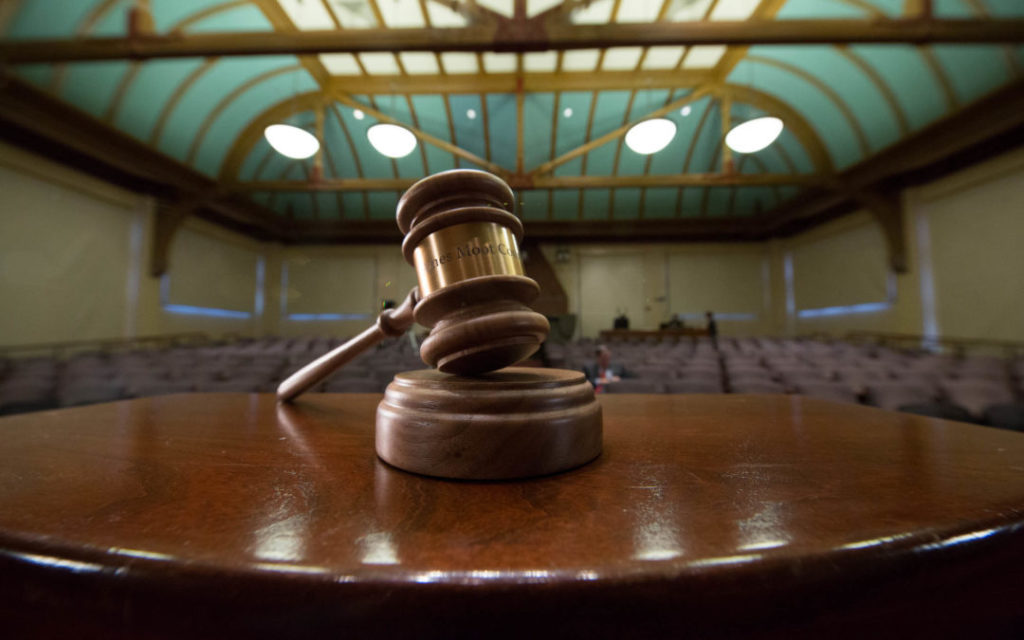
Welcome to the 2021 Ames Final – the first Ames Final to be conducted in a virtual setting.
Live coverage begins at 5:00pm EST
The following information is courtesy of the HLS BSAs. You can see all of tonight’s information, including copies of the briefs, here.
The Ames Competition is one of the most prestigious competitions for appellate brief writing and advocacy in the country. Students participating in the Final Round started the competition in the fall of their 2L year. From there, two teams progress to the Final Round through their strong research abilities and excellent written and oral advocacy. The Final Round is traditionally judged by this country’s preeminent jurists. Past Ames Competition winners include Professor Cass Sunstein, Dean Kathleen Sullivan, Massachusetts Governor Deval Patrick, and Justice Harry Blackmun. Click here for a list of past winners of the Competition.
The teams that competed in the 2021 Ames Final Round are below, as well as a summary of the case and the briefs submitted for the Final Round.
* * *
The Justice Robert H. Jackson Memorial Team (Petitioner)
Matthew Arons*
Max Bloom
Taylor Custer*
Dustin Fire
Colleen O’Gorman
Sam Stratton
The Lloyd Gaines Memorial Team (Respondent)
Jason Bell*
Ameze Belo-Osagie
Lauren Bilow
Davis Campbell
Travis Fife*
Michael Torcello
*Oralist
Tanner v. State of Ames
Laura Tanner’s work colleague sent a sexually explicit video of himself to her—on accident, it turns out. In the moment, Tanner reacted by posting the video, along with an angry message calling for action by senior management, to a web forum for employees at her workplace, which was accessible to outsiders as well. Unfortunately, the video proliferated beyond the company website, causing personal and professional consequences for the man in it.
Tanner was charged with violating the Ames Nonconsensual Pornography Act, which prohibits any person from knowingly disclosing an image of another person whose intimate parts are exposed or who is engaged in a sexual act, if the person making the disclosure knows or should know that the person depicted reasonably expected that the image would remain private, and knows or should know that the person depicted did not consent to the disclosure.
Tanner moved to dismiss the charges against her on the ground that the Nonconsensual Pornography Act violates the First Amendment. The trial court denied her motion. The State then sought to compel Tanner to disclose the password to her cell phone and computer, so that it could search for evidence that she disclosed the video. The trial court granted the State’s motion over Tanner’s objection that disclosing the passwords would violate the Fifth Amendment privilege against self-incrimination. Tanner then entered a conditional plea of guilty, preserving her right to appeal from these motion orders. On appeal, the Supreme Court of Ames ruled for the State.
Tanner sought certiorari, which was granted.
The Supreme Court of the United States will consider two questions:
1. Whether the Ames Nonconsensual Pornography Act violates the First Amendment.
2. Whether the Fifth Amendment privilege against self-incrimination allows a defendant to refuse to disclose the password to her computer and phone, when the government has a warrant to search those devices.
